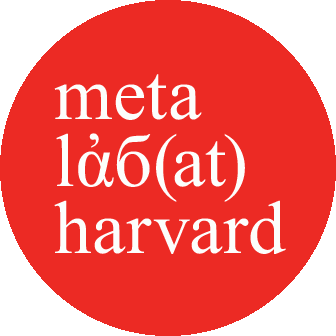Networks + Natures: Earth Measurer
Date: 2018How might we bring human and nonhuman worlds into nourishing contact through media, data, and direct encounter?
Slightly fewer than one million insect species have been identified, but some eight million may exist on the planet, and many of them may never be known. In Earth Measurer, we’re using machine learning to generate names for that invisible imaginary: species of moths and butterflies that have not yet been named, described, and entered into databases and museum collections.
“Nature,” William James said, “is but another name we give to excess.” In the past, people thought biological life profligate, even wasteful, in its baroque abundance and astonishing diversity. Only now, with the advance of technology, has life on earth been revealed as fragile and ephemeral. Our computational systems, meanwhile, are entering what David Weinberger has described as a “post-scarcity” phase, in which machine-learning algorithms processing endless layers of data seem ever more like natural phenomena.
This is one of the stories we’re telling about the emergence of deep-learning networks. What other stories might we ask these systems to help us discover and tell?
Links:
Opportunities for involvement:

